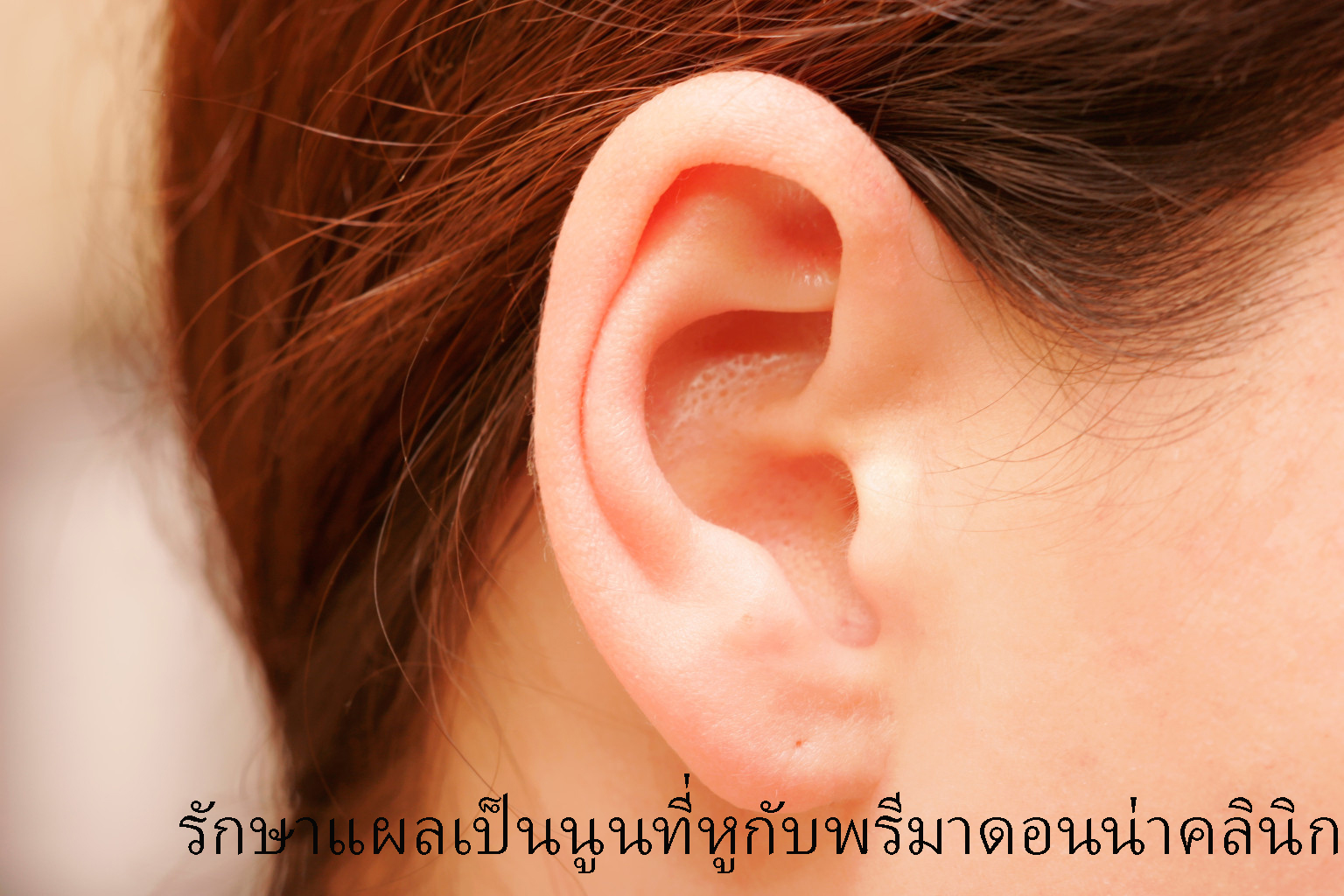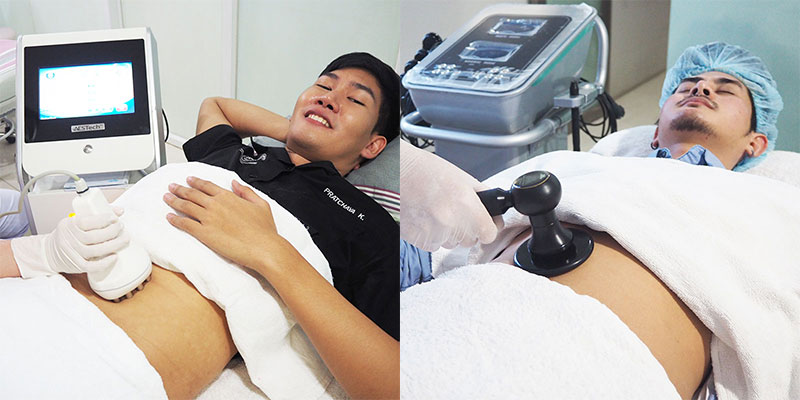
Menopausal hair loss
Menopausal hair loss
For many women, our hair is something we control; we cut it, style it and choose how to wear it. It is an expression of ourselves, our personality and our image. If we lose a lot of hair, we may feel less feminine, less in control and it can affect our self-esteem.
The average age of the menopause is around fifty and in the months or years leading up to this, some women notice a change in hair pattern. Very commonly, the volume and condition of the hair appears to worsen, with some women noticing that hair does not grow as much as previously. More hair seems to come out in the basin when washing and hair brushes soon fill up as loose hairs are brushed away. Some women will go on to experience a more profound hair loss, with thinning at the crown of the head, the sides or more general hair thinning all over the head. This is described as Female pattern hair loss (FPHL). A complete loss of hair, as seen in men who sometimes go bald, is much rarer in women and is usually caused by a medical condition or by medical treatment such as chemotherapy.
FPHL is very common and increases with age and varies across ethnic groups. Although it can happen at any age, the condition occurs most commonly following the menopause. This does not mean that hormones alone are to blame, although oestrogen may have a protective role, helping to keep hair in the ‘growing phase’. Age itself is a factor and whilst women can take care of their hair cosmetically, it is one aspect of the ageing process we cannot always control. Genetics are important too and you may notice a family link with both male and female hair loss. Occasionally times of acute stress on the body will influence hair growth, eg illness, emotional stresses and crash dieting. Some medications may have an influence too.
Most women, who notice hair loss around the time of the menopause, do not have anything medically wrong. Your doctor may ask you if there were any triggers for the hair loss, such as dietary deficiencies, stressful events or illness. You will be asked about your medical history to rule out other causes and might be tested for conditions such as anaemia, low ferritin, thyroid dysfunction, raised testosterone levels or skin disorders. If you show signs of hormonal imbalance, such as irregular periods, facial hair growth or new episodes of acne, this might be tested too.




